August 10, 2015
 Anyone can report suspected child abuse or neglect, but if you are identified in the Code of Virginia (§ 63.2-1509) as a mandated reporter or you have received training in recognizing and reporting suspected child abuse and neglect – then you are a mandated reporter. Over the summer, we have trained mandated reporters everywhere from summer camps to childcare centers to schools.
Anyone can report suspected child abuse or neglect, but if you are identified in the Code of Virginia (§ 63.2-1509) as a mandated reporter or you have received training in recognizing and reporting suspected child abuse and neglect – then you are a mandated reporter. Over the summer, we have trained mandated reporters everywhere from summer camps to childcare centers to schools.
As a mandated reporter, you are required, by law, to immediately report your suspicions to the local department of social services or to the Child Abuse and Neglect Hotline. The purpose of mandated reporting is to identify suspected abused and neglected children as soon as possible so that they can be protected from further harm.
When should I report?
When you suspect that a child is being abused or neglected. You do not need proof. You make a report when you suspect or have reason to suspect that abuse or neglect is occurring. If you wait for proof, it might be too late.
What if I do not report?
If you, as a mandated reporter, fail to report as soon as possible but no longer than 24 hours after having reason to suspect a reportable offense, you can be fined.
What are my rights as a mandated reporter?
Under the Code of Virginia, a mandated reporter who either makes a CPS report or participates in a court hearing that results from a CPS report, is protected from criminal and civil liability unless it is proven that the person acted with malicious intent.
What if I am not sure abuse or neglect has occurred?
If you are not sure about what to do, you should discuss the situation with your local department of social services, child protective services unit, or with staff at the Child Abuse and Neglect Hotline.
If a child has told you about abuse or neglect, this is enough for you to call.
What do you do when you witness an adult behaving aggressively with a child?
- Avoid negative remarks or looks. When you intervene, try to keep the conversation positive otherwise; it could make the situation worse.
- Start a conversation with the adult to direct attention away from the child. The goal is to start a conversation that moves the adult away from the negative interaction they were having with the child.
- Divert the child’s attention. If you can, talk about anything positive that the child is doing; use that as a way to start the conversation.
- Look for an opportunity to praise the adult or child. By finding a way to compliment either the child or the adult, you can potentially diffuse the situation and reframe it for the adult.
- Use humor, experience or friendliness to break up stressful moments. As long as it is done in a way that does not belittle either the parent or child, acting in a lighthearted way can offer perspective, a change of pace, or the reframing that can help diffuse a situation.
- If the child is in immediate danger, TAKE ACTION. If the child is at risk of being physically harmed or in need of any assistance, offer it to them as soon as possible. This includes taking actions like calling over a security guard or calling the police if the situation requires intervention.
- Make a report if you suspect abuse, a child has disclosed to you that they have been abused, or you have witnessed abuse.
REMEMBER:
When children have strong, healthy relationships with nurturing adults, they become safer, stronger & happier.
Positive adult-child connections are critical to keep children safe and nurture their growth and development.
Kids with meaningful connections are more resilient in the face of daily life challenges and even more severe trauma.
Still have questions? Please contact SCAN or any of your local Child Protective Services offices to get more information, more training, and to dispel any myths that you or your staff may have.
- SCAN: 703-820-9001
- Alexandria CPS: 703-746-5800
- Arlington CPS: 703-228-1500
- Fairfax CPS: 703-324-7400
- Loudoun CPS: 703-771-5437
- Prince William CPS: 703-792-4200
- Manassas CPS: 800-552-7096
– Tracy Leonard, Public Education Manager
[email protected]
